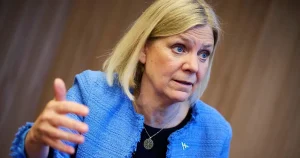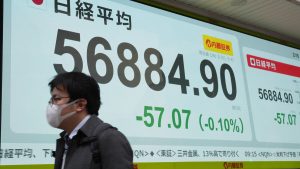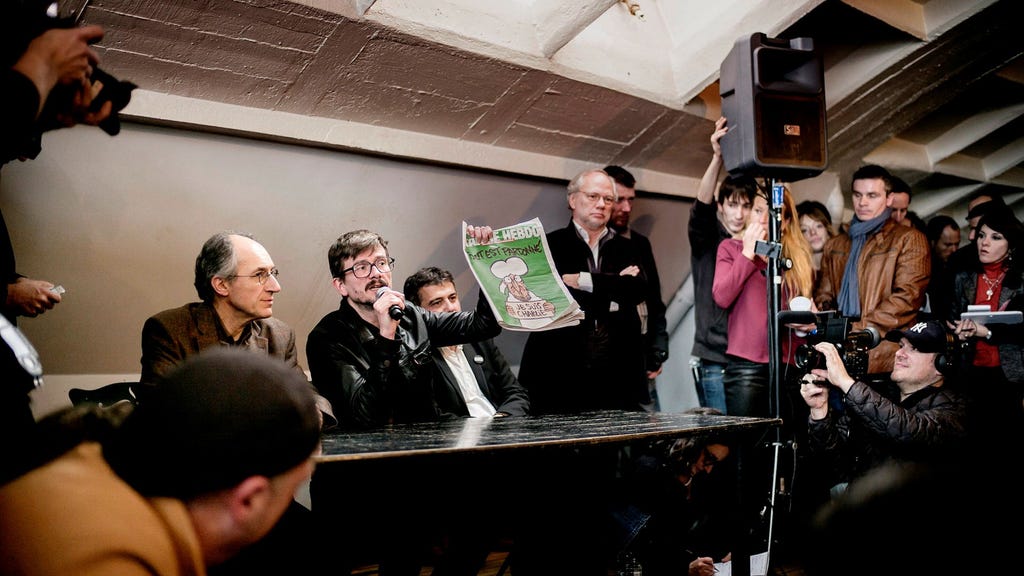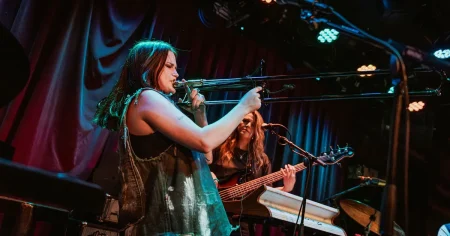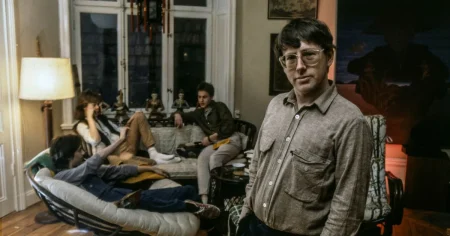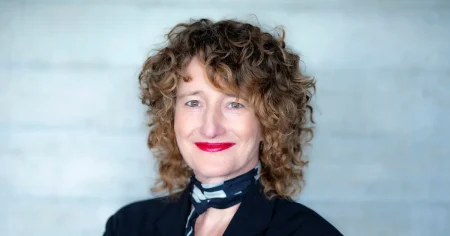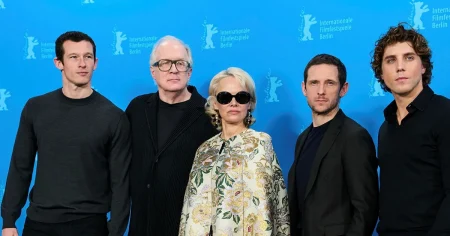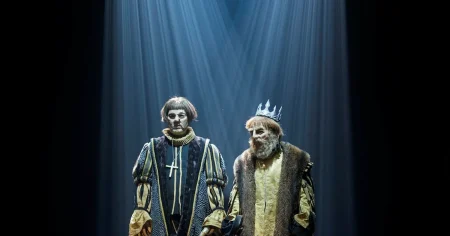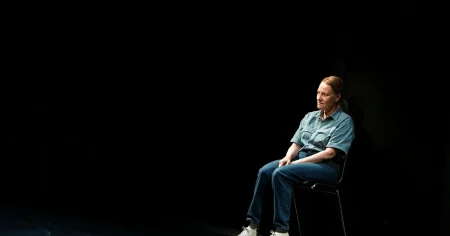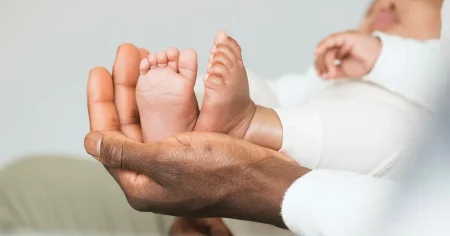The attack on the satirical magazine Charlie Hebdo on January 7, 2015, remains a stark reminder of the complexities of free speech and the devastating consequences of extremist violence. At 11:30 am, armed brothers Saïd and Chérif Kouachi stormed the Charlie Hebdo office in central Paris, killing twelve people, including journalists, cartoonists, a police officer, and a visitor. The attack, motivated by the magazine’s publication of cartoons depicting the Prophet Muhammad, sent shockwaves across the globe and sparked a complex debate on the limits of satire, religious sensitivities, and the right to free expression. The subsequent terrorist acts by Amedy Coulibaly, an associate of the Kouachi brothers, including the murder of a policewoman and the hostage-taking at a kosher supermarket, further amplified the horror and underscored the volatile climate of fear and intolerance.
The immediate aftermath of the Charlie Hebdo attack witnessed an outpouring of global solidarity and a passionate defense of free speech. Millions participated in demonstrations across France, and the hashtag #JeSuisCharlie became a symbol of resistance against extremism. World leaders joined the march in Paris, signifying a unified condemnation of the attacks and a commitment to protecting freedom of expression. However, the emotional unity began to fray as the complex layers of the incident unraveled. The very cartoons that sparked the violence continued to be a source of contention, raising questions about the responsible exercise of free speech and the potential for offense in a multicultural society. The murder of Samuel Paty, a teacher who showed the cartoons in his class in 2020, highlighted the ongoing dangers and sensitivities surrounding the issue.
While the liberal and principled perspective championed by many emphasizes the absolute right to free speech, regardless of the offense caused, a deeper analysis of the Charlie Hebdo incident requires a broader understanding of its context. Factors such as the rise of Islamic theocracies, the legacy of colonialism, socio-economic disparities in French suburbs, and the global rise of Islamophobia all contributed to the volatile environment in which the attacks took place. Ignoring these complexities reduces the discussion to a simplistic binary of free speech versus religious extremism, failing to address the underlying tensions and grievances that fuel such conflicts.
The French government’s response to the Charlie Hebdo attack and the subsequent November 2015 attacks, which included a state of emergency, raised concerns about civil liberties and the potential for discriminatory targeting of Muslim communities. Thousands of house searches, predominantly targeting individuals of Arab or North African descent, highlighted the risk of collective punishment and the erosion of trust between law enforcement and minority groups. The irony of a police raid mistaking a portrait of Victor Hugo for a terrorist suspect underscores the absurdity and potential for overreach in such situations. These measures, while intended to enhance security, arguably exacerbated existing tensions and fueled further marginalization.
The contrasting treatment of artistic expressions that offend different groups further complicates the discourse. The rapper Freeze Corleone, whose antisemitic lyrics have sparked controversy, has not garnered any official support, despite the argument that his provocative language falls under the umbrella of artistic expression. This disparity in reactions raises questions about the selective application of principles of free speech and the influence of power dynamics in determining what constitutes acceptable satire. The lack of a comparable threat of violence against Freeze Corleone further exposes the unequal distribution of fear and vulnerability among different communities.
The victims of the Charlie Hebdo and kosher supermarket attacks represented the diversity of French society, including individuals of Jewish, Muslim, and Catholic backgrounds. Their deaths serve as a tragic reminder of the indiscriminate nature of extremist violence and the importance of upholding inclusive values. Moving forward, it is crucial to navigate the complex terrain of free speech responsibly, acknowledging the potential for harm while simultaneously protecting the fundamental right to expression. Recognizing the broader societal factors that contribute to extremism, addressing inequalities, and fostering interfaith dialogue are essential steps towards building a more resilient and tolerant society. The challenge lies in finding a balance between upholding principles, acknowledging sensitivities, and combating all forms of discrimination to prevent further acts of violence and hatred.


